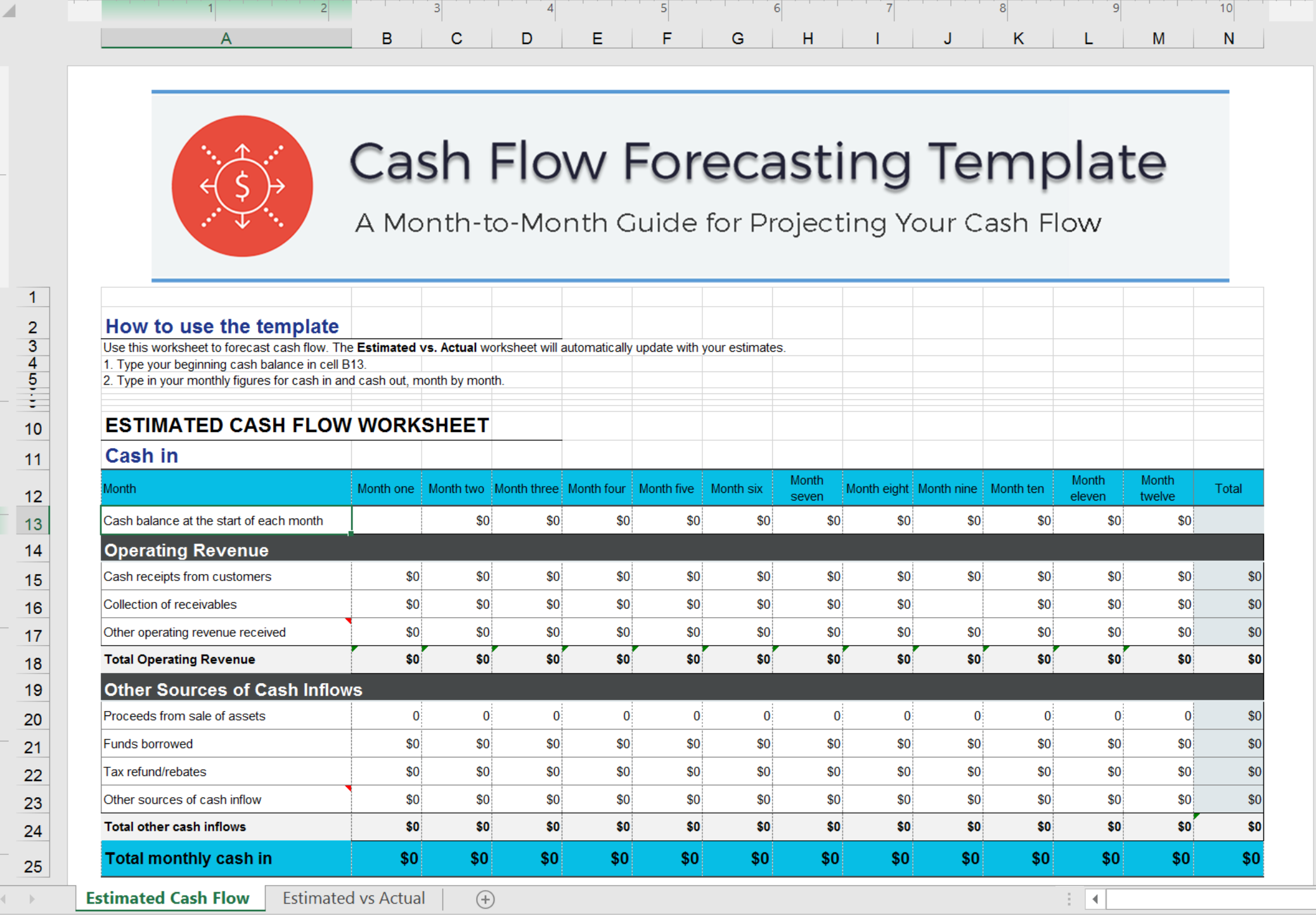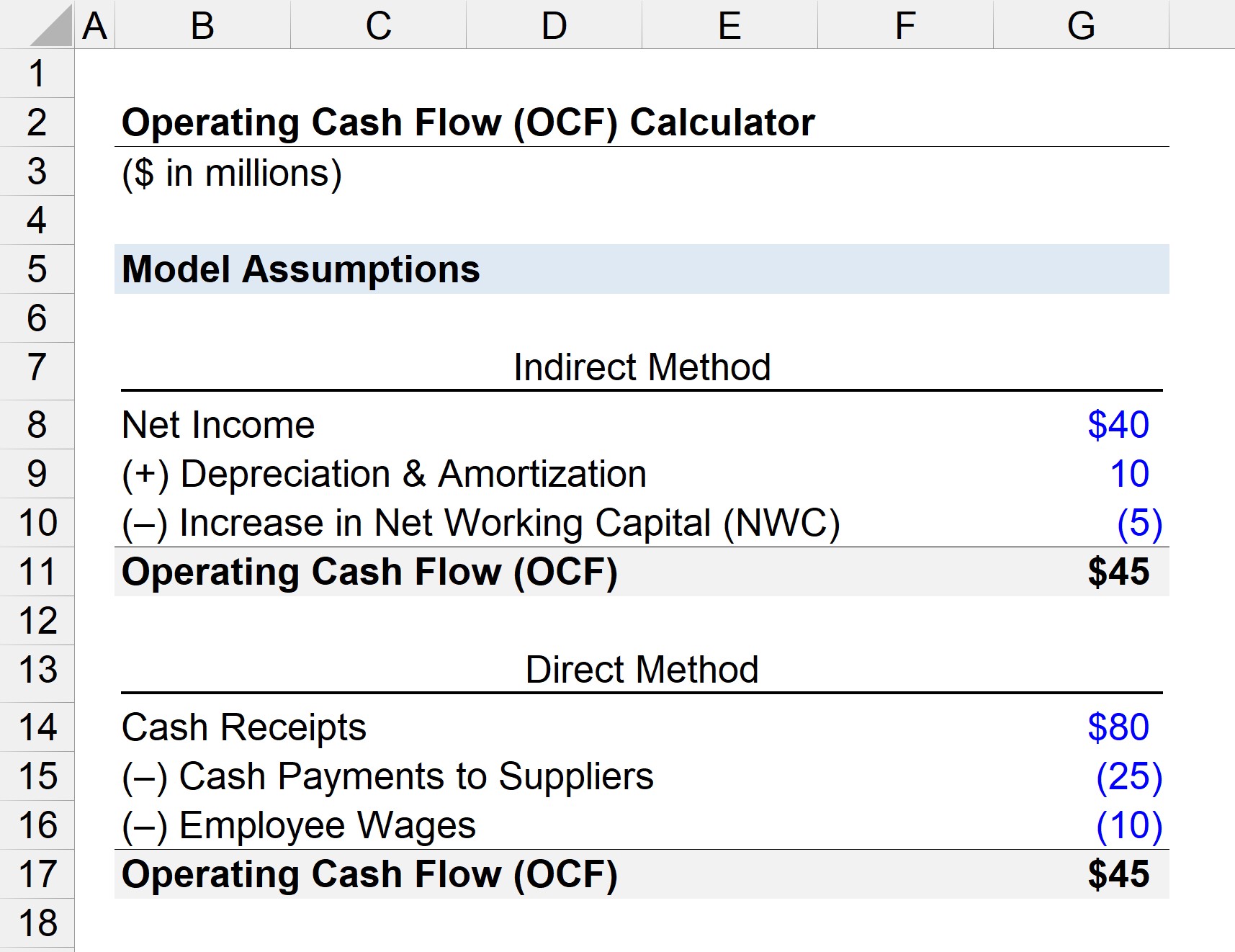Amazing Tips About Calculation For Free Cash Flow
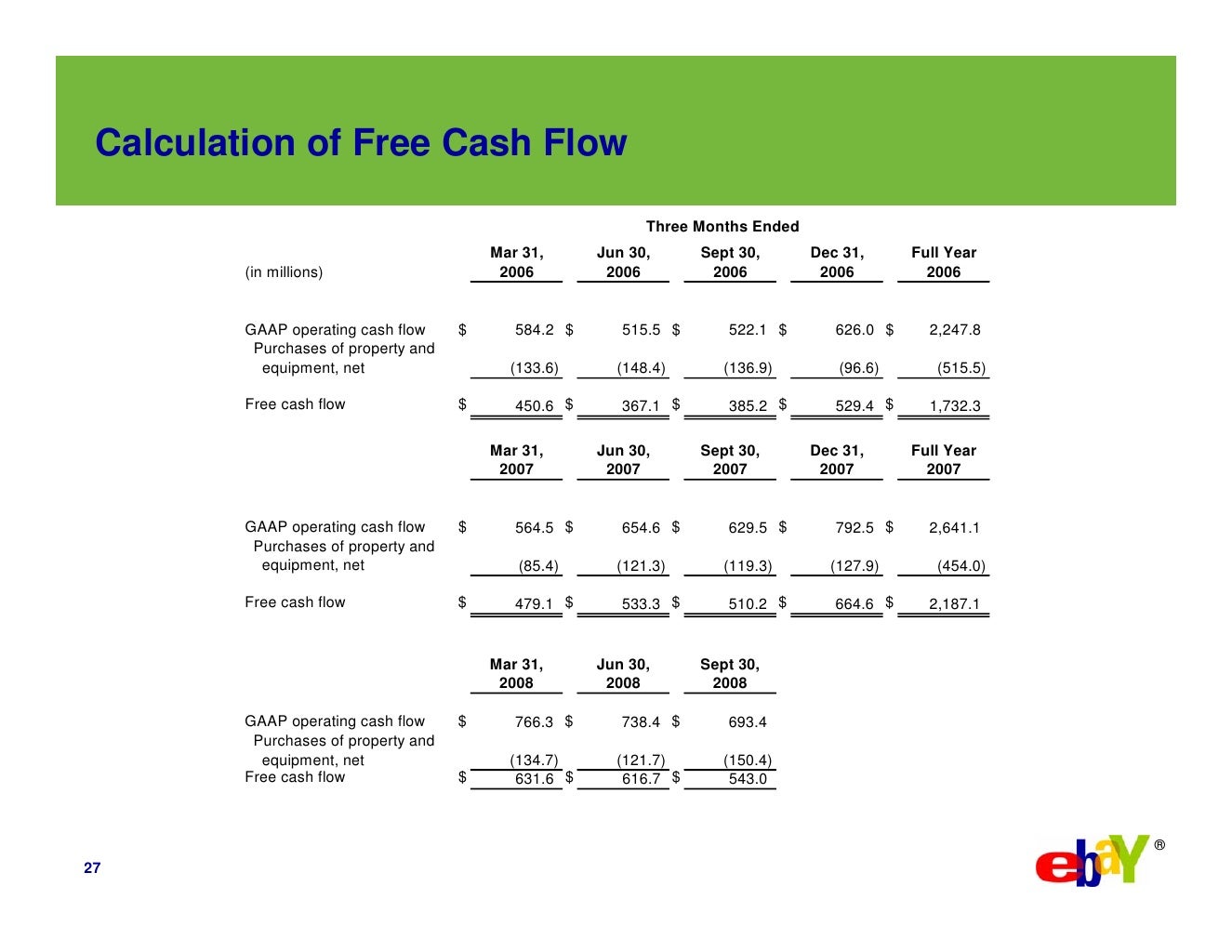
Part of investing is coming up with your own evaluation of a company's future performance, so try the calculation yourself and check.
Calculation for free cash flow. As you can see, tim’s free cash flow is. Fcff considers all cash inflows in the form of revenues, all cash outflows in the form of ordinary. The following happens over the course of a year:
Therefore, the company's free cash flow is calculated to be $40. You pay your employees $25,000. Get your free cash flow statement template operating cash flow refers to any money generated through the normal operation of the business, minus any taxes paid.
Free cash flow calculation example. You can also use amortization and depreciation to account for. This calculation takes place after a company has paid its expenses, employees.
Free cash flow (fcf) is generally defined as the amount of cash after accounting for existing cash outflows. Calculating free cash flow:
It's the amount of cash a business has after it has met its. The fcff calculation is an indicator of a company's operations and its performance. Formula how to calculate?
Here's what you need to know about calculating free cash flow and other components of a cash flow statement: Formula #1 (fcfe) from the perspective of common equity holders, the free cash flow yield calculation is as follows: Management and investors use free cash flow as a measure of a company's.
It is that portion of cash flow that can be extracted from a company and distributed to creditors and securities holders. Taking into account the profit and cash generation in 2023, as. In this example, the company's free cash flow would be calculated as follows:
This includes operational costs, investments costs, payroll, and any other expense of remaining in business. Since this money is still available. Often, fcf conversion rates can be most useful for internal comparisons to historical performance and to assess a company’s improvements (or lack of progress) over several time periods.
In financial accounting, free cash flow (fcf) or free cash flow to firm (fcff) is the amount by which a business's operating cash flow exceeds its working capital needs and expenditures on fixed assets (known as capital expenditures). Fcfy= free cash flow to equity (fcfe) per share/market price per share. Applying an average tax rate of 25%, the net profit and net free cash flow would be hit by approximately 32m eur or 1.50 eur per share, resulting in an anticipated eps of 16.5 eur per share.
So, the calculation of free cash flow will be: Free cash flow to equity (fcfe) is a measure of how much cash is available to the equity shareholders of a company after all expenses, reinvestment, and debt are. Calculation of free cash flow.
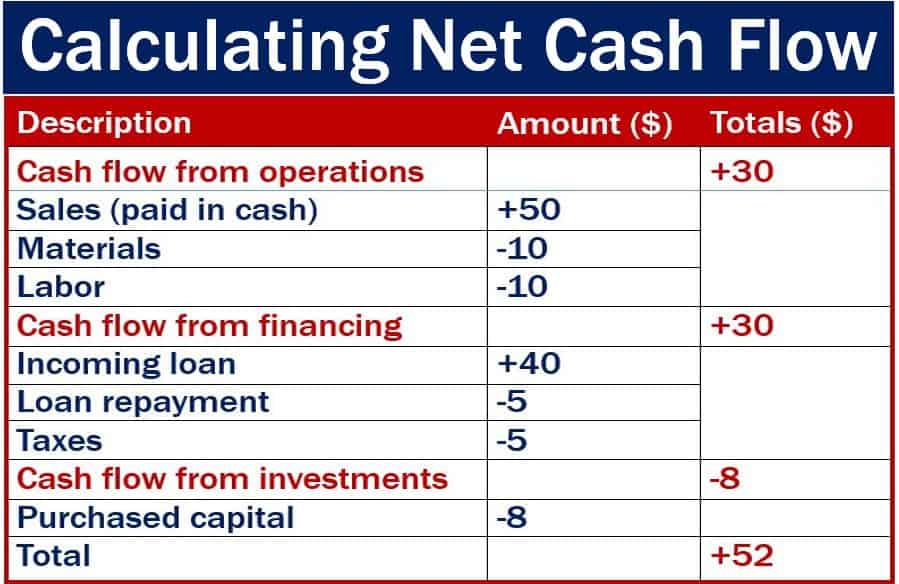
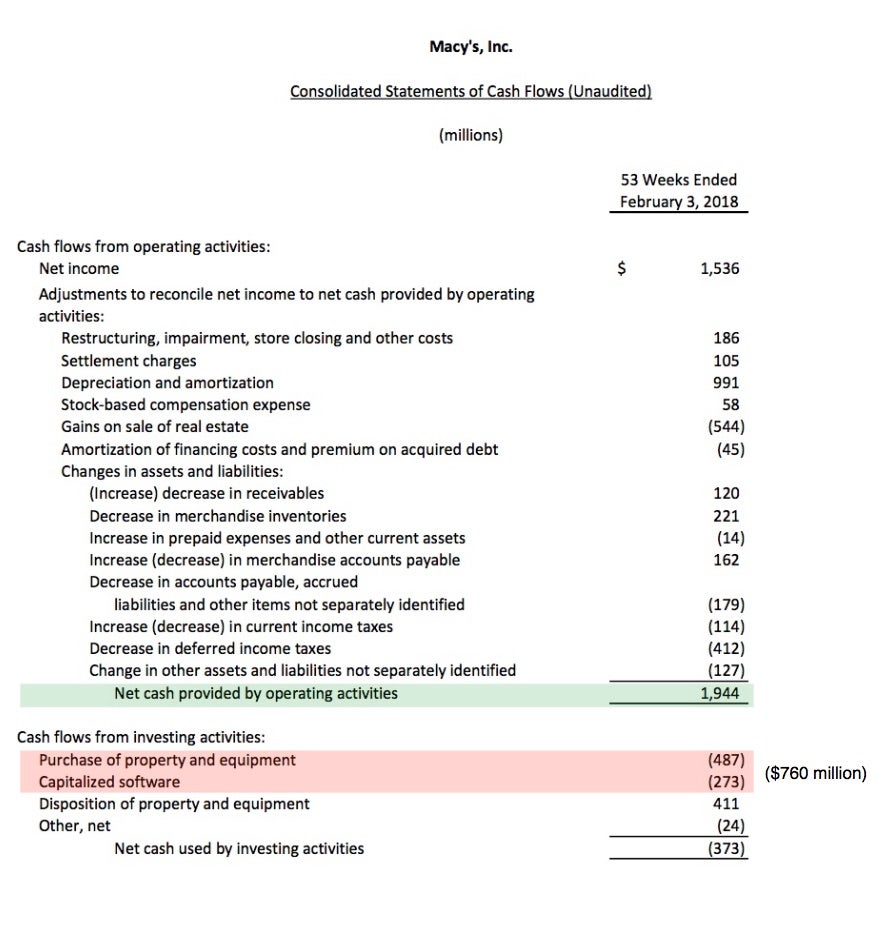
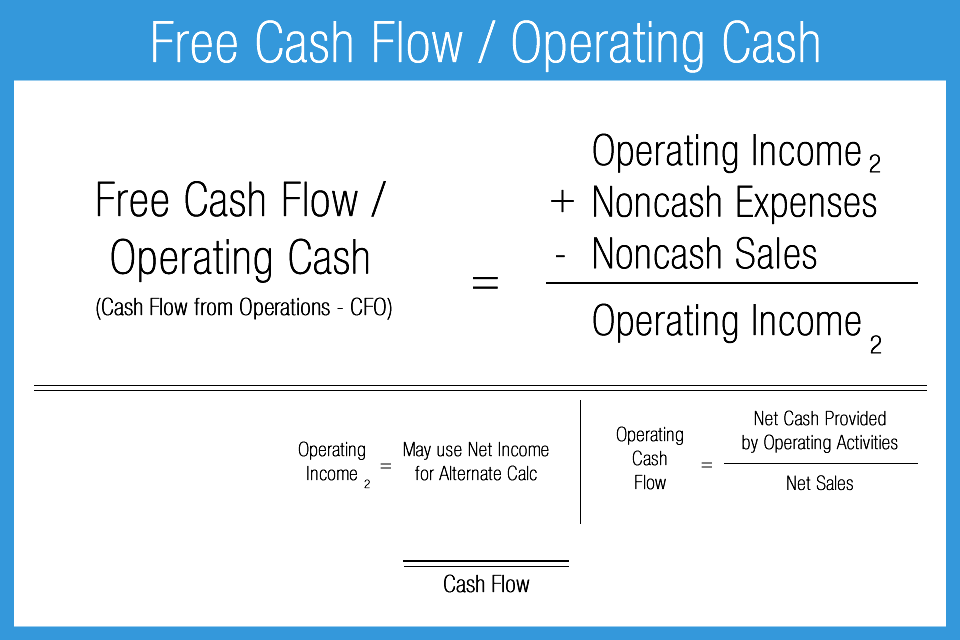
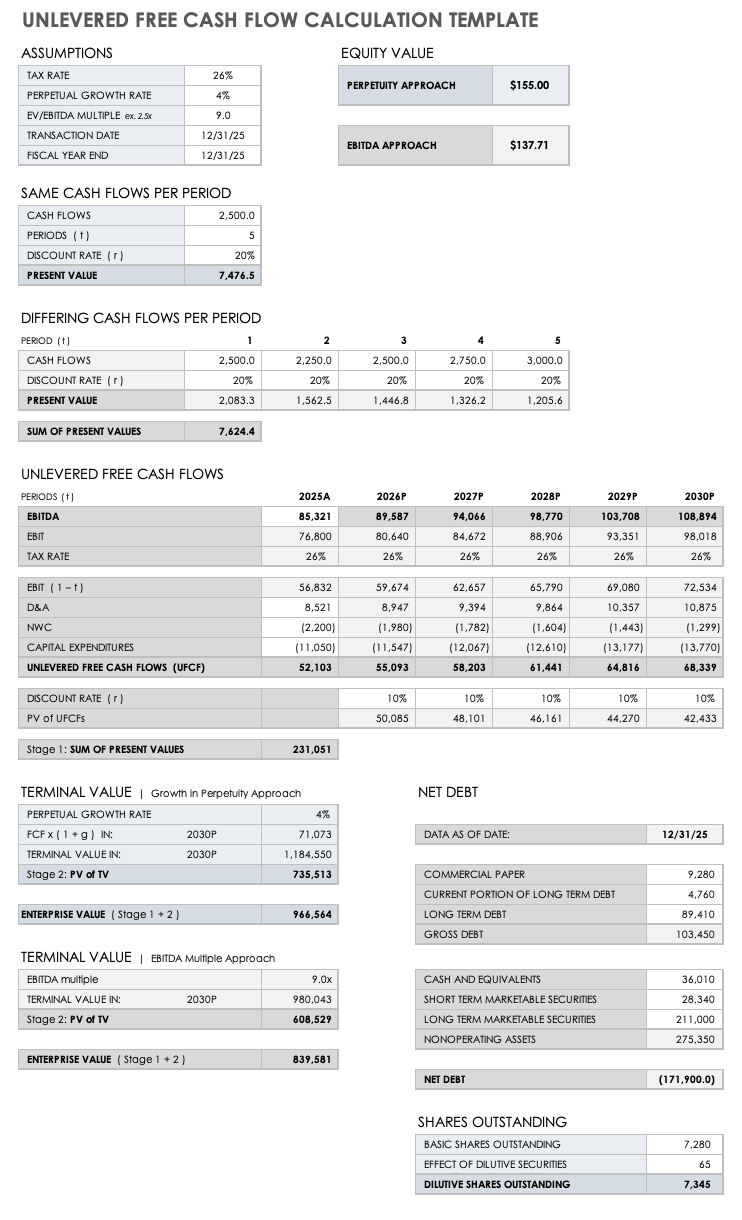
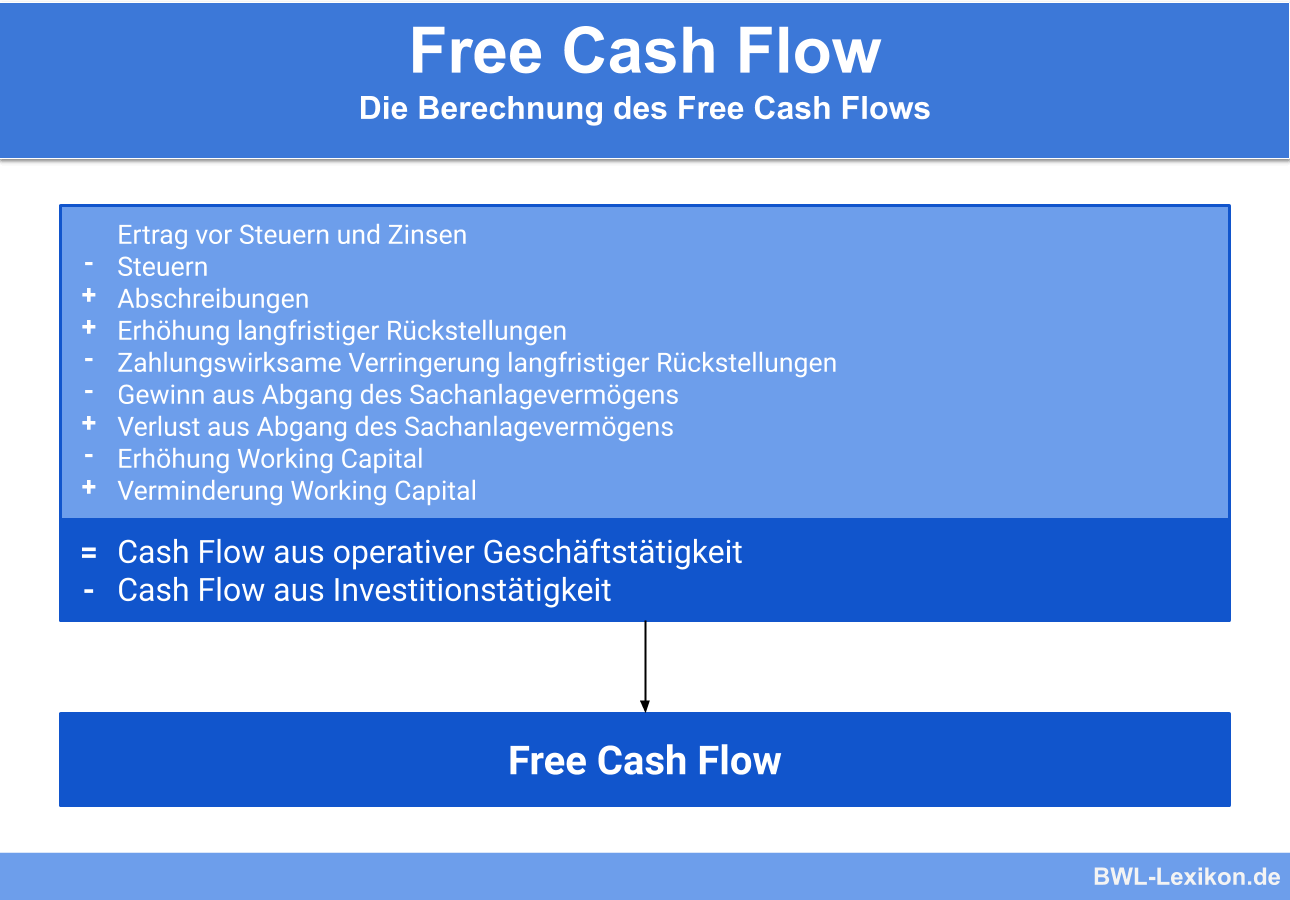
:max_bytes(150000):strip_icc()/dotdash_Final_Free_Cash_Flow_FCF_Aug_2020-01-369e05314df242c3a81b8ac8ef135c52.jpg)
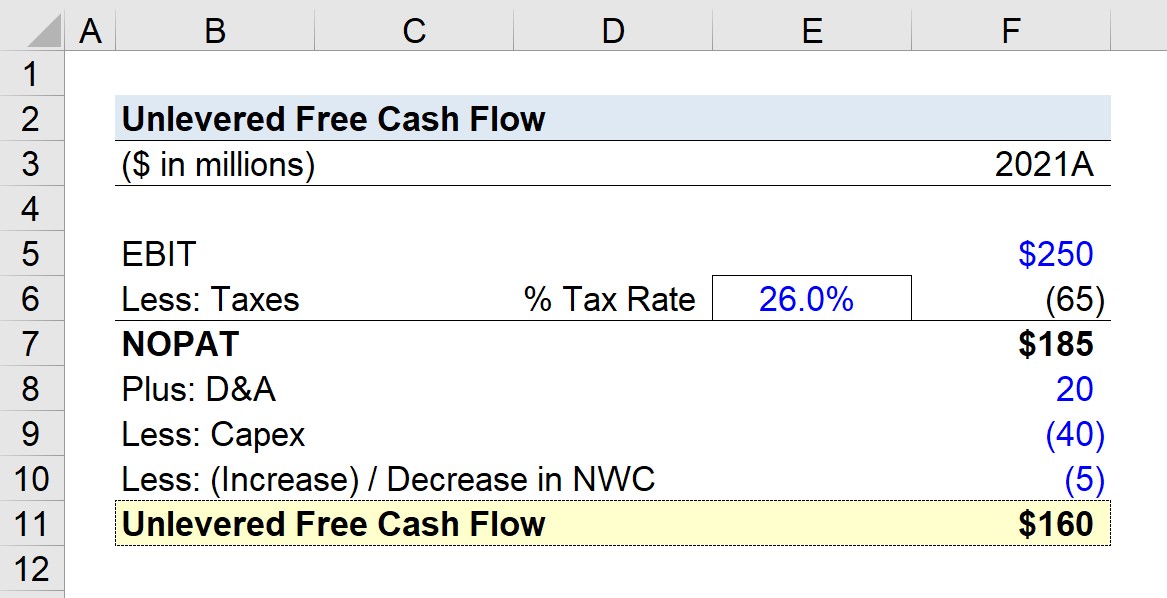

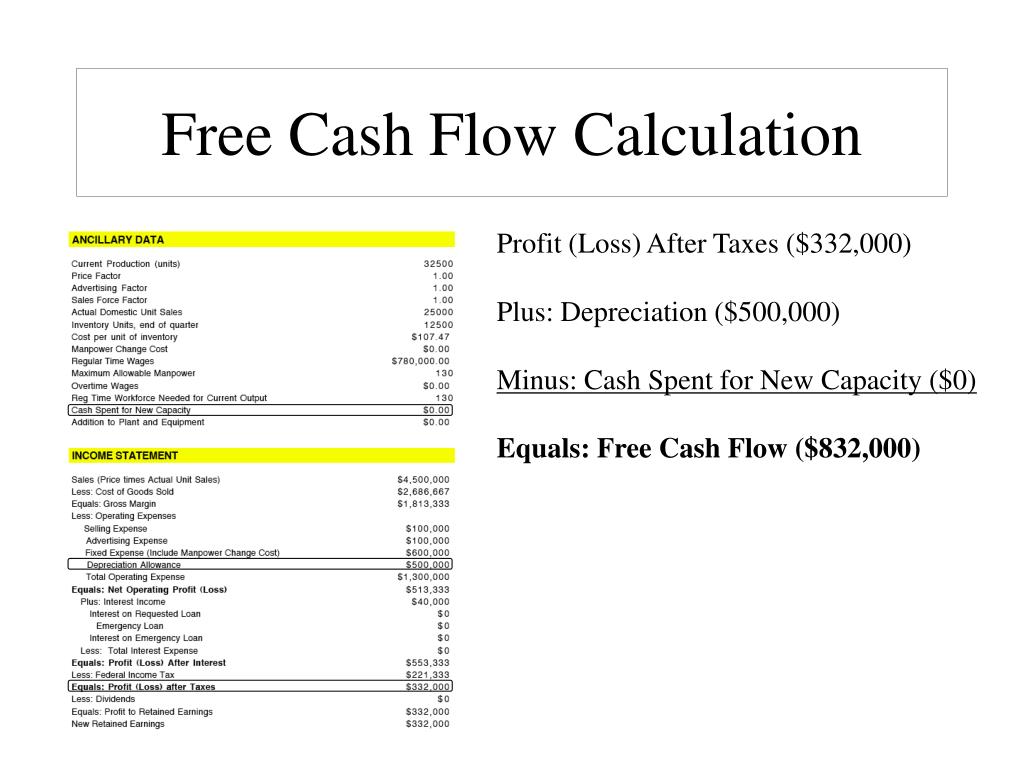
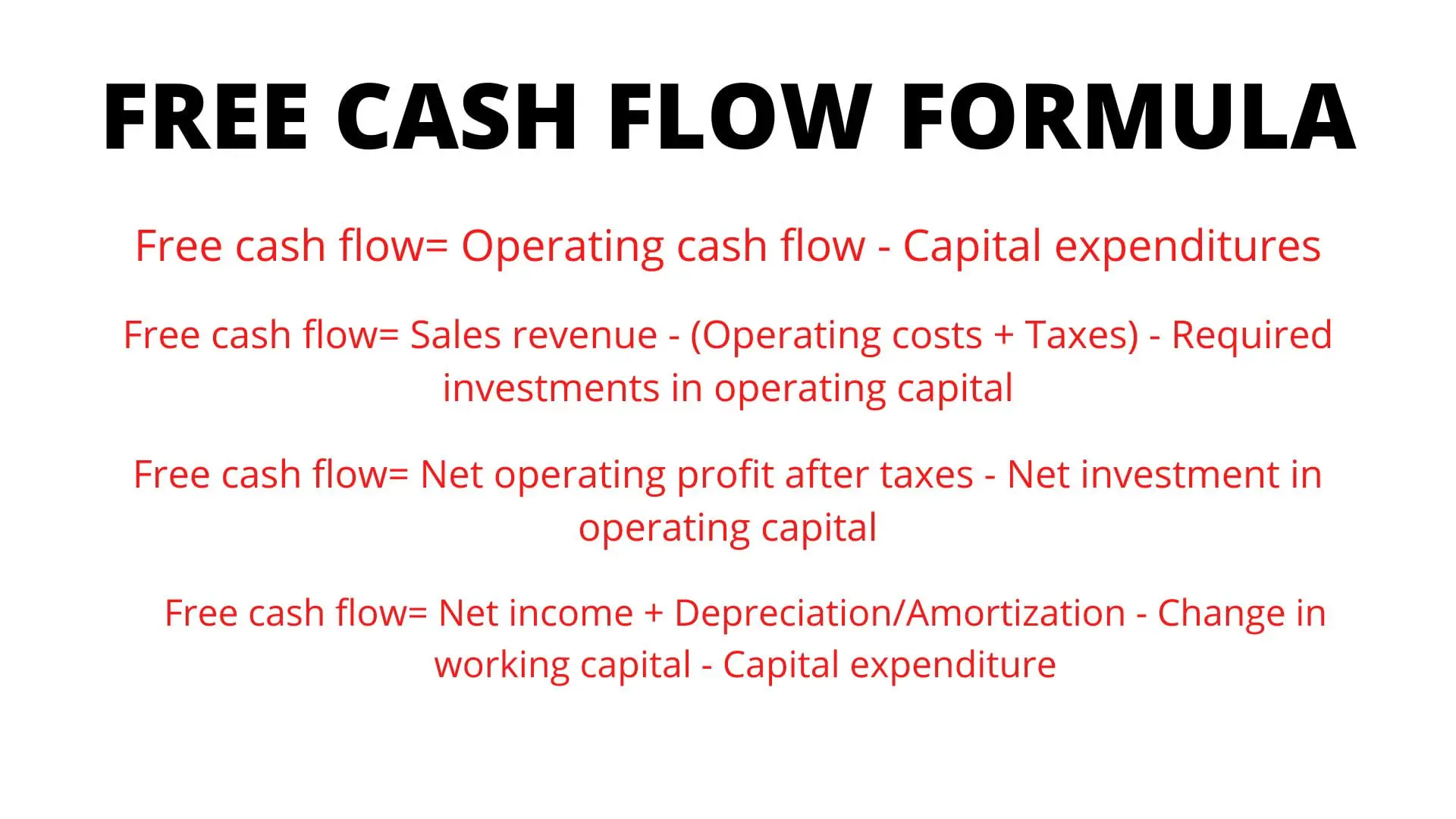


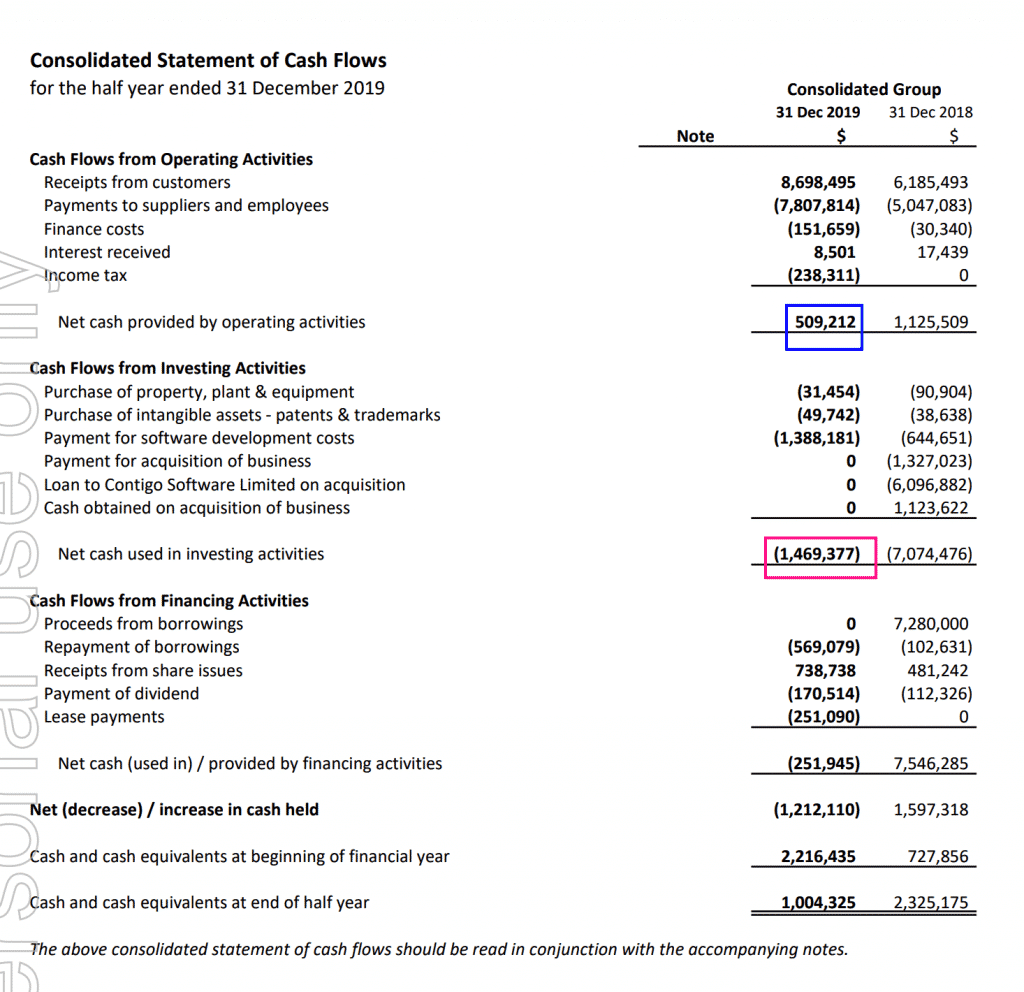
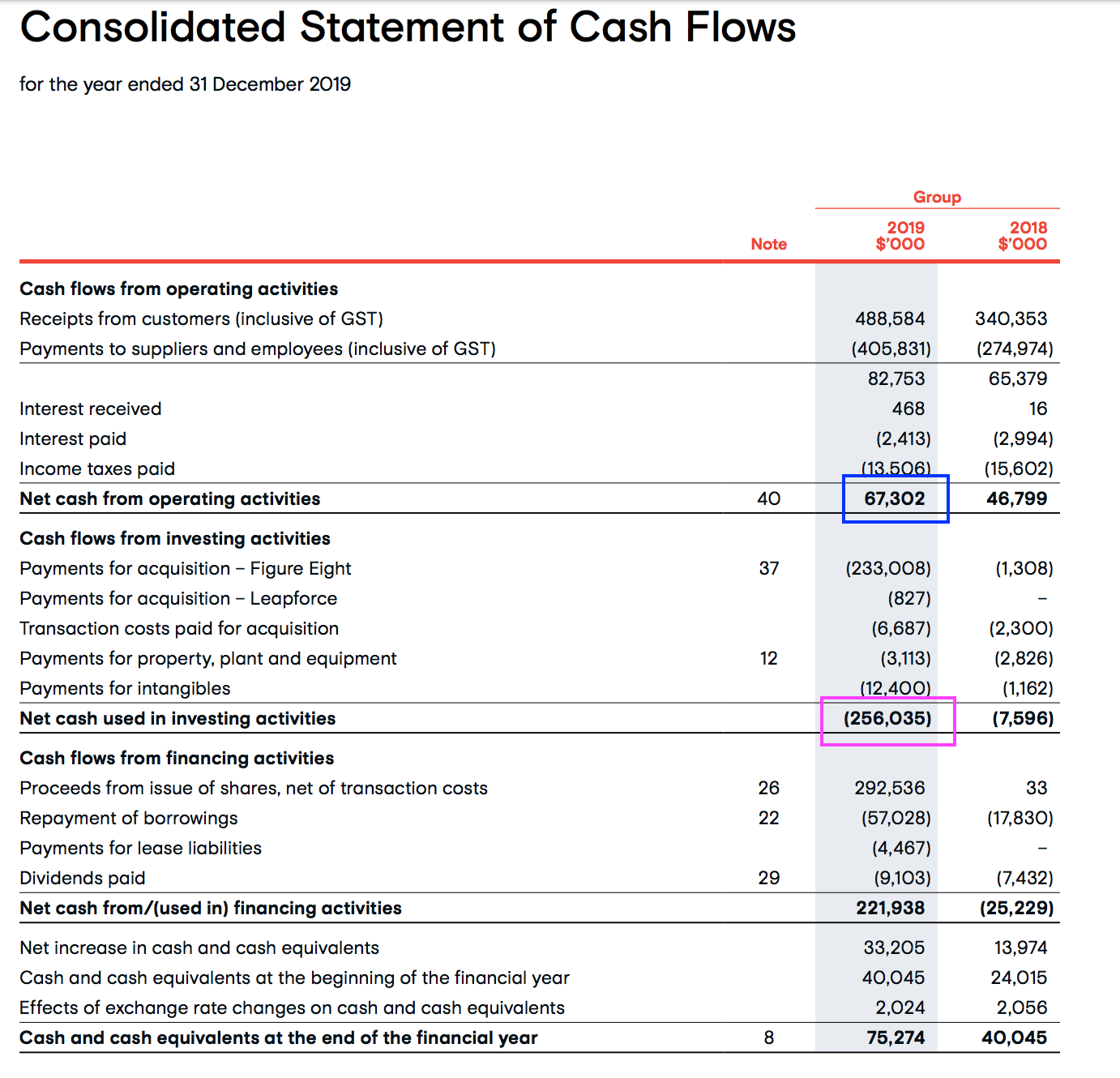

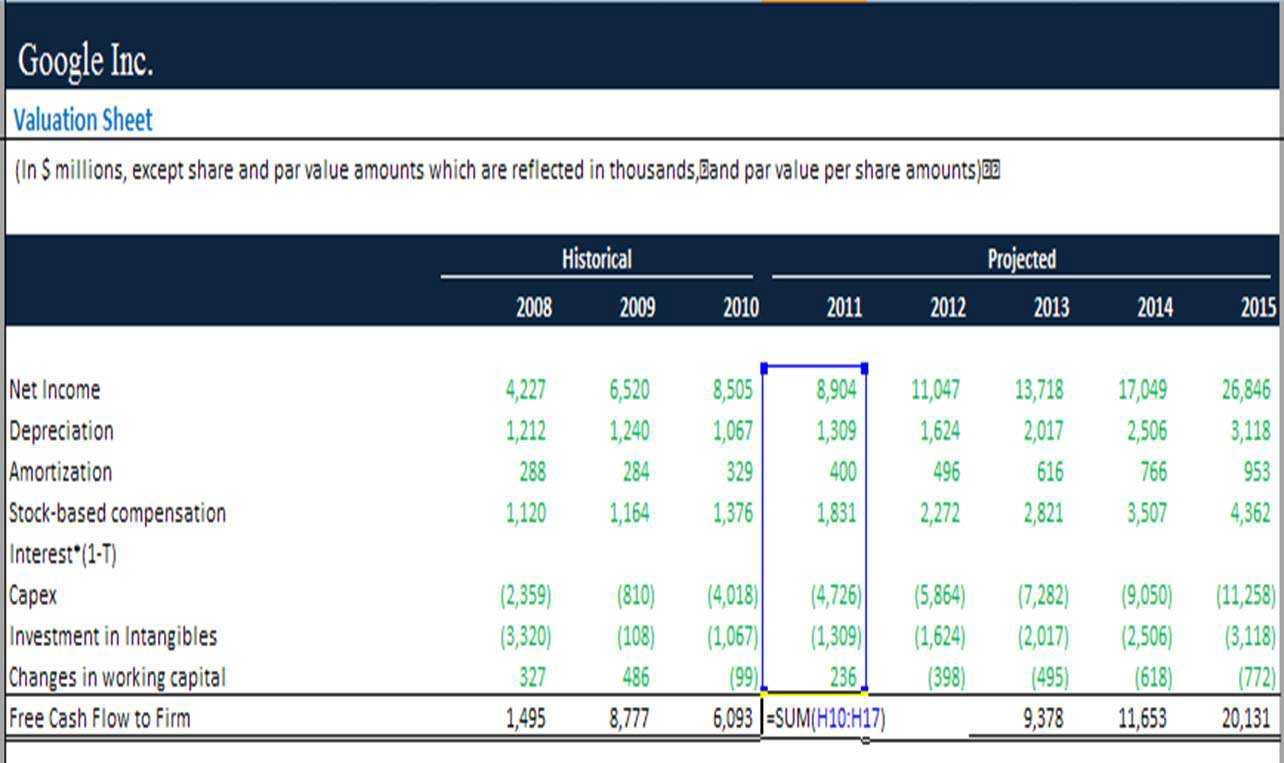
:max_bytes(150000):strip_icc()/dotdash_Final_Free_Cash_Flow_FCF_Aug_2020-02-3c51e1263e6f488daa2d923e2a43a33d.jpg)
